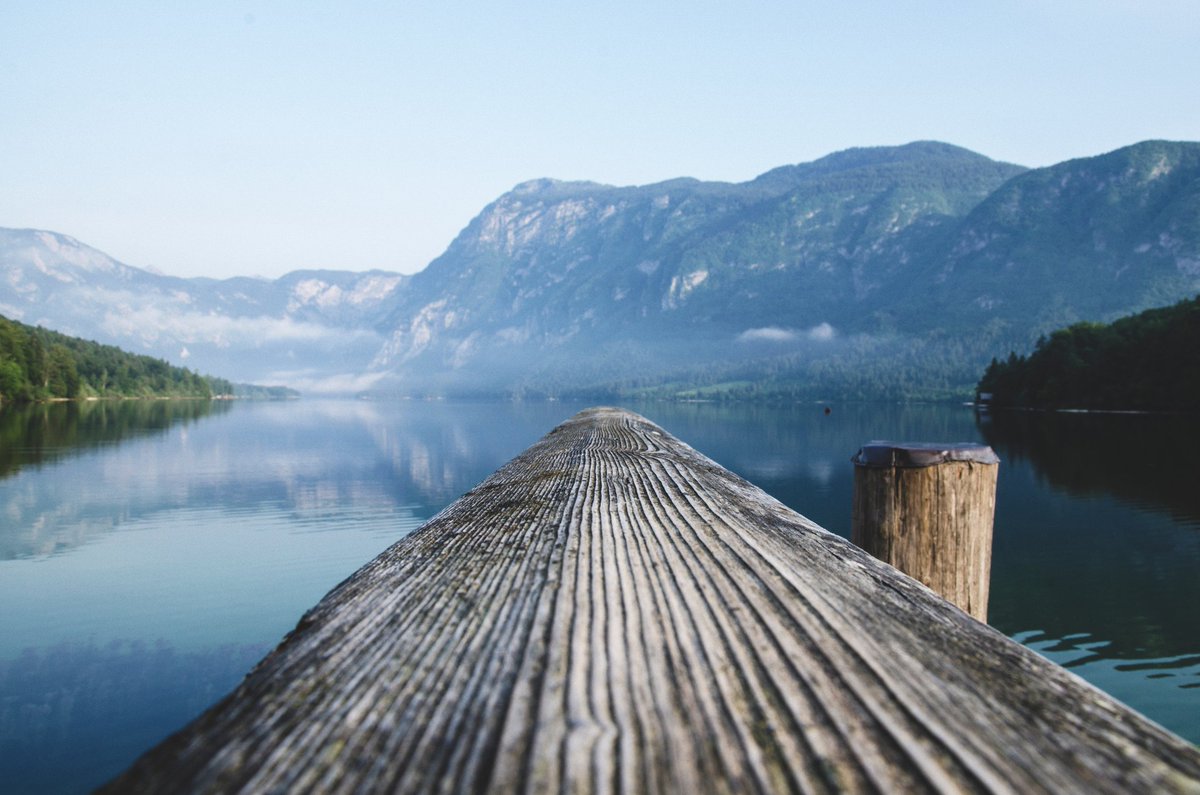How to organise a science retreat 🏔️
The Open Science Retreat 2023 is about to start and I want to share with you how we organised it. There is a kind of event I've been wanting to go to for a long time. An event that is about my favorite topic – Open Science – and gives the space to really get out of daily life. On September 8th 2022 I just blurted out the idea to social media.
People seem to be excited so I just started organising 🤷♀️😃. The scheduleOn the same day I started drafting a schedule. It contained walks, yoga, reflection time as well as an unconference part, deep working sessions and ample break and social time. The schedule has not changed much since the first draft and I am looking forward to seeing how it will go next week.
The venueNext, I needed a location that felt like "retreat". I had been at this beautiful castle a few years before that seemed just the right place: castle, lake, mountains, good food, great seminar rooms, good price – Vollmar Akademie. It is hard to get a space there, but I managed. Not the perfect week as it is the week before Easter, but it seemed also a good chance to allow parents to bring their loved ones. The financesAs a freelancer I needed to make sure that the event brings me some income and most importantly: does not take money out of my pocket. I was able to make a deal with the venue: They gave me some more time to ensure that we'd get enough people. I had until mid December to say whether we would take the space. In the meantime I calculated participation fees and came up with a list of expenses I would have. To ensure that also people who would not be able to afford the event could join it, I looked for travel stipend sponsors. And I actually found them. In comes the surprise support: I had been asking online for "sponsors" in general and I found something even better: a co-organising institution. The CASUS Scultetus Center wanted to take on a bigger role in the event and took on such a big financial chunk that we could reduce the price dramatically to the cost of board and lodging. So amazing 🦄🎉 The participantsOnce the details were clear enough, we set up the event application form on the Helmholtz Indico instance. Indico is a neat open source tool for event management. We made some noise and asked people to apply. And they did. They actually did! 🤩 We handed out all available travel stipends and were able to fill all available spots. And remained with a waiting list. I was amazed. Of course we had some cancellations, but were able to re-fill all spots so far. To allow participants to get in touch with us and each other in advance and discuss topic ideas, we started a Mattermost chat. Now that people have introduced themselves in the chat, I can't wait to meet them all. I think we've managed to gather a wonderful group 🥹. There is so much more I could tell you about the event but I'll leave the rest for afterwards. Thanks to everyone who made my dream of a real science retreat come true: CASUS and the Scultetus Center for being my wonderful co-organsier, Tieu Binh for being such a big help, the travel stipend sponsors Forschungszentrum Jülich, the LMU Open Science Center, and Helmholtz Open Science, the event location Vollmar Akademie, and of course the wonderful participants. In case I organise another event like this, my email subscribers will be the first to know. So if you haven't yet done so, subscribe now!
I am not sure if I'll manage to write a newsletter issue next week, but you'll hear from me latest in two weeks 👋. All the best, Heidi P.S. If you're enjoying this newsletter, please consider supporting my work by leaving a tip. So far I've received 145€, which helps me keep the newsletter going. Thanks to all supporters 👏!
|
Heidi Seibold, MUCBOOK Clubhouse, Elsenheimerstr. 48, Munich, 81375 |
Dr. Heidi Seibold
https://heidiseibold.com
All things open and reproducible data science.
What are good strategies to develop an Open Science Policy? Here's our opinionated guide. This post was co-created with Sander Bosch, Open Science Programme Coordinator at VU Amsterdam. At the Open Science Retreat 2024 Sander and I had a conversation about his experience in policy development. Since we believe that his experience is valuable for a lot of people out there, we decided to write down three simple rues to create an Open Science policy: Develop output policies first and combine...
Guest post: Meet Dr Elisabeth Kugler, director of Zeeks – Art for Geeks. In this post she will share her career path and how her work connects with open science now that she is an entrepreneur. I am Dr Elisabeth Kugler, director of Zeeks – Art for Geeks – a company that transforms how people think about data. We achieve this by data analysis, visualization, and communication. And our speciality is image-based data and strategies. In this article, I aim to discuss Zeeks' perspective on open...
Making your research or code project FAIR (Findable, Accessible, Interoperable, Reusable) and reproducible can feel like a chore. But if you have access to the right templates and resources, it can be quite the simple and rewarding task. Let's make it easy for ourselves to do the right thing! So today let me share some templates for setting up #FAIR and #reproducible projects. I asked folks on social media what suggestions they had and got so many that I was not able to put them all here...

